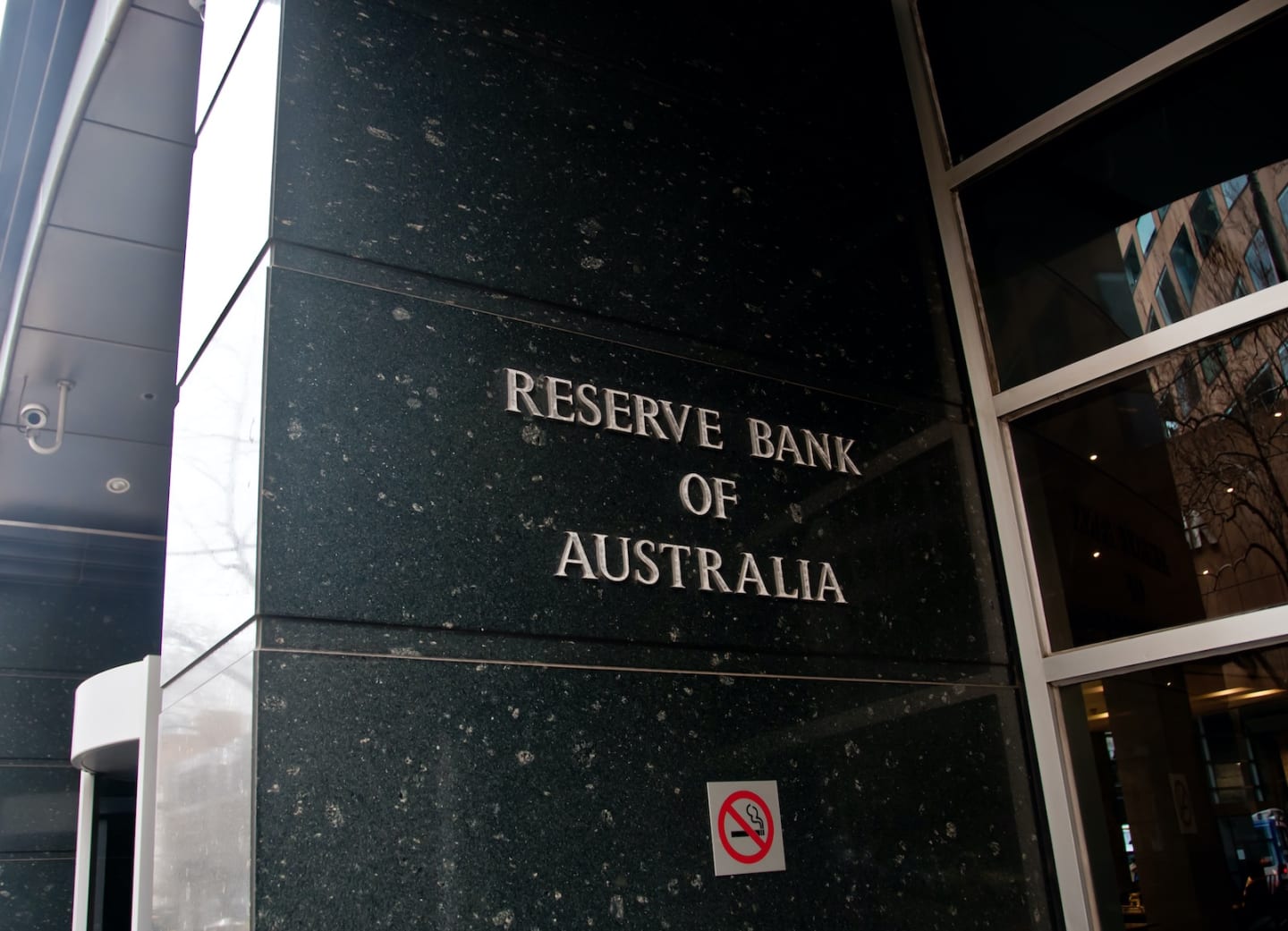RBA notes "dampened demand" for Sydney and Melbourne apartments
The RBA has noted that unusual population trends during the pandemic had materially affected national housing market conditions and other parts of the economy, and would continue to do so for some time.
The latest minuted noted net overseas migration was expected to be negative into 2022, mostly because of the projected sharp decline in the number of foreign students and other temporary residents.
"As temporary residents typically live in the larger cities, their absence had especially dampened demand for apartments in Sydney and Melbourne."
The RBA also noted data on domestic migration in Australia showing that the population flow from capital cities to regional areas had picked up.
"Net domestic migration to Melbourne had also turned sharply negative as fewer people moved there during the pandemic.
"The members agreed that developments in net overseas and domestic migration would continue to affect conditions in the housing market and the economy more broadly for a considerable period."
The minutes also noted the outlook for the global economy had improved over prior months, but "was likely to remain bumpy and uneven" with better prospects for a sustained recovery.
"An important near-term issue was how households and businesses would adjust to the tapering of some fiscal support measures.
"Members noted that there may be a temporary pause in the pace of improvement in the labour market, as many firms had already adjusted the size of their workforces."
The members also discussed the effect that low interest rates have on financial and macroeconomic stability.
"They acknowledged the risks inherent in investors searching for yield in a low interest rate environment, including risks linked to higher leverage and asset prices, particularly in the housing market.
"Members noted that lending standards remained sound and that it was important that they remain so in an environment of rising housing prices and low interest rates.
"The Board concluded that there were greater benefits for financial stability from a stronger economy, while acknowledging the importance of closely monitoring risks in asset markets."
The board affirmed that the cash rate would be maintained at 10 basis points for as long as necessary and viewed a negative policy rate "as extraordinarily unlikely."
The board will not increase the cash rate until actual inflation is sustainably within the 2 to 3 per cent target range.
"For this to occur, wages growth would need to be materially higher than it is currently.
"This would require significant gains in employment and a return to a tight labour market.
"The Board does not expect these conditions to be met until 2024 at the earliest."
